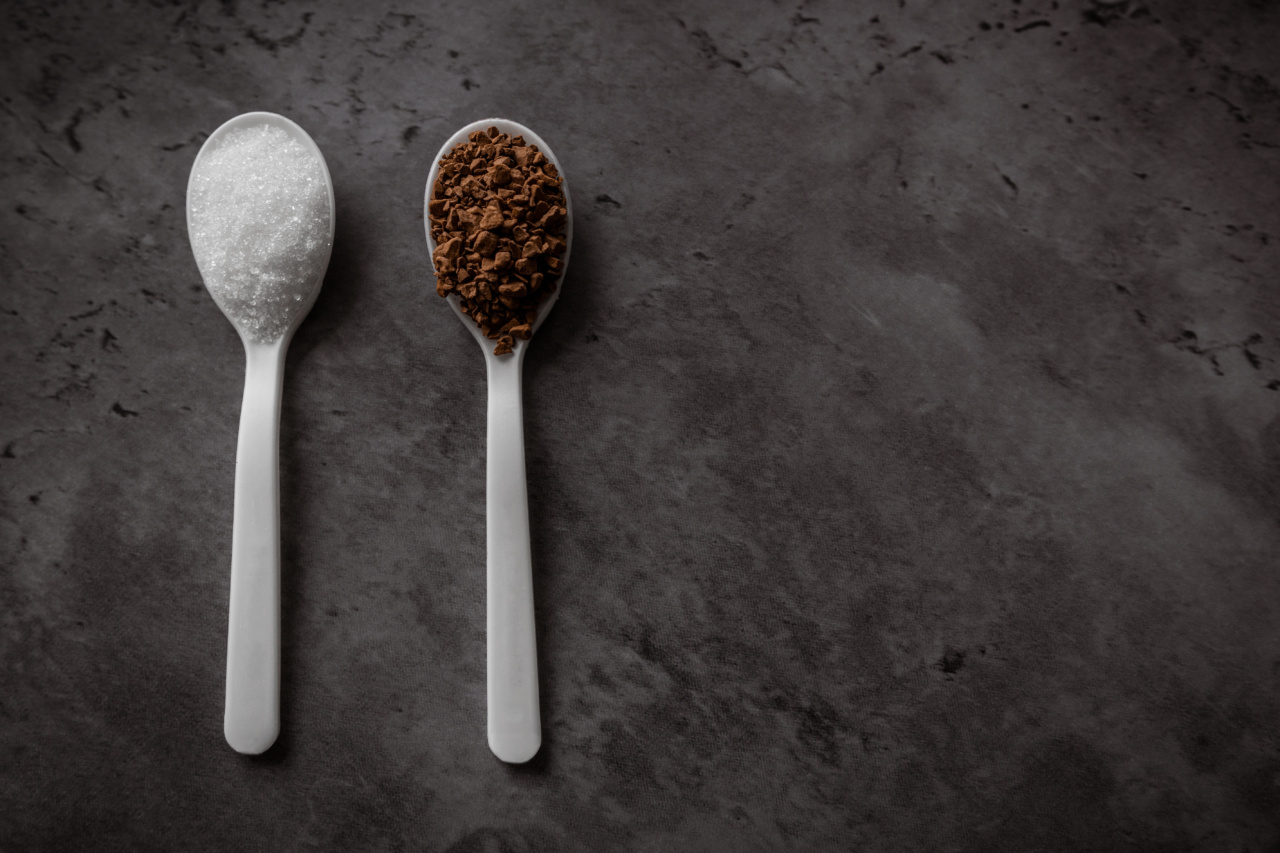One of the many concerns that pregnant women have is whether it is safe to consume caffeine during pregnancy. Caffeine is a stimulant that is commonly found in coffee, tea, chocolate, and various energy drinks.
While some studies suggest that moderate caffeine consumption is unlikely to cause any harm, it is still important for expecting mothers to be cautious about their daily intake. In this article, we will explore the effects of caffeine on pregnancy and discuss how much is considered to be too much.
The Effects of Caffeine on Pregnancy
When consumed, caffeine crosses the placenta and reaches the developing fetus. The effects of caffeine on pregnancy are still a subject of ongoing research.
However, some studies have suggested that high levels of caffeine consumption may be linked to an increased risk of miscarriage, preterm birth, low birth weight, and developmental delays. It is worth noting that these risks are primarily associated with excessive caffeine intake, rather than moderate consumption.
Recommended Caffeine Intake
The American College of Obstetricians and Gynecologists (ACOG) advises that pregnant women should limit their caffeine intake to no more than 200 milligrams per day. This is equivalent to approximately one 12-ounce cup of coffee.
However, it is essential to consider that caffeine content can vary significantly depending on the type and brand of coffee or other caffeinated products. It is advisable to check the packaging or consult with a healthcare provider to determine the caffeine content of a specific beverage or food item.
Monitoring Your Caffeine Intake
Tracking your caffeine intake during pregnancy is crucial to ensure that you stay within the recommended limits. Here are some useful tips:.
1. Read Labels Carefully
Pay attention to the caffeine content listed on food and beverage labels. Be aware that caffeine can sometimes be disguised as other ingredients, such as guarana or mate.
2. Opt for Decaffeinated Products
If you enjoy the taste of coffee or tea but want to reduce your caffeine intake, consider switching to decaffeinated versions. It is important to note that decaffeinated does not mean completely caffeine-free, but the levels are significantly lower.
3. Be Mindful of Hidden Sources
In addition to coffee and tea, caffeine can be found in other sources such as chocolate, certain medications, soda, and energy drinks. Take these into account when calculating your daily caffeine intake.
4. Gradually Decrease Consumption
If you are used to consuming high levels of caffeine, it may be beneficial to gradually decrease your intake rather than quitting abruptly. This can help to minimize withdrawal symptoms such as headaches or irritability.
5. Consider Herbal Alternatives
If you are looking for alternative hot beverages, herbal teas can be a great substitute. However, it is crucial to ensure that the herbal tea you choose is safe for pregnancy as some herbs may have adverse effects.
Caffeine and Breastfeeding
It is also important to note that caffeine can pass into breast milk and may affect infants. If you choose to breastfeed, it is recommended to limit your caffeine intake to ensure the well-being of your baby. Again, moderation is key.
Conclusion
While moderate caffeine consumption during pregnancy is generally considered safe, it is crucial to be mindful of your intake. Keeping within the recommended limits can help minimize any potential risks associated with excessive caffeine consumption.
It is advisable to consult with a healthcare provider for personalized guidance and to address any concerns you may have.






























